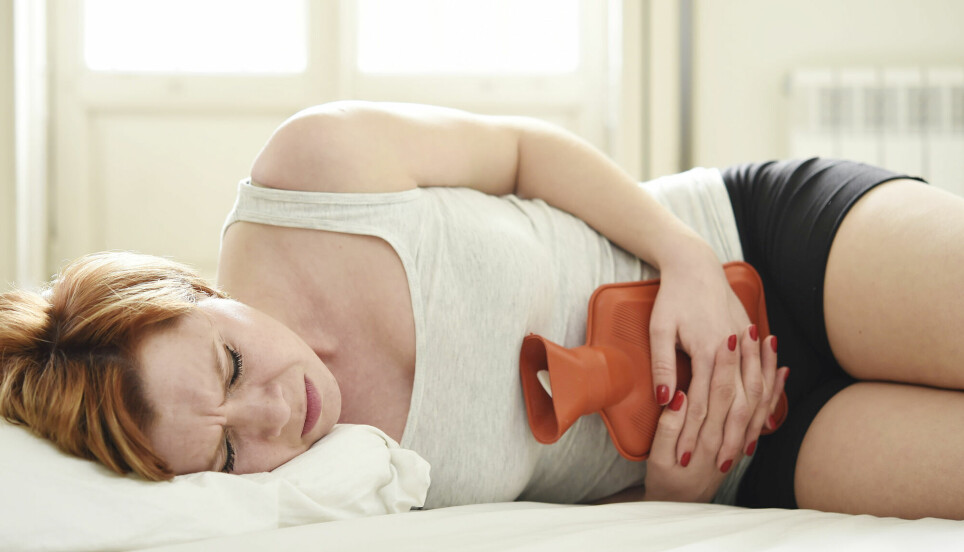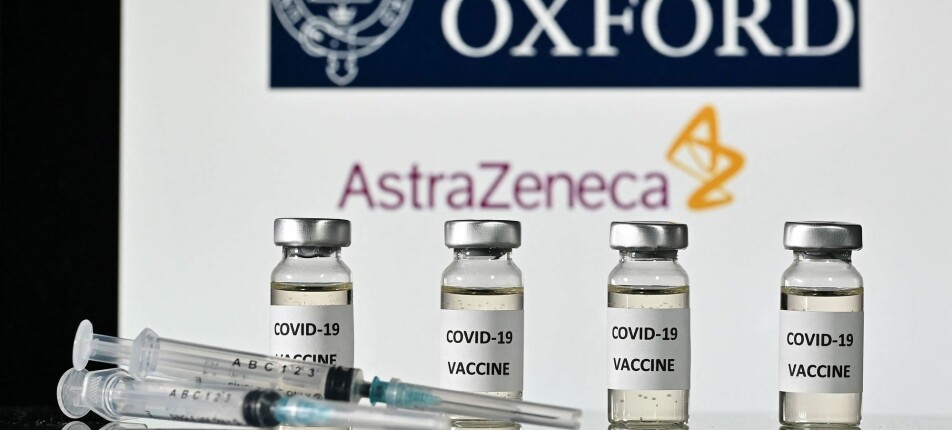
Vaccine researcher: “Menstrual changes are probably related to the vaccine”
The number of women reporting irregularities in their periods as a side effect make it difficult to find any other explanation than the covid vaccine, according to Norwegian researcher Gunnveig Grødeland.
“There are sufficient numbers of women who are experiencing changes, not just in Norway, but also abroad, to make it likely that this is connected to the vaccine”, Gunnveig Grødeland says to TV2.no (link in Norwegian).
Grødeland is a highly regarded vaccine researcher based at the University of Oslo and Oslo University Hospital.
The Norwegian institute of public health, the NIPH, are currently conducting a study in order to find answers to what might be the cause of the period irregularities. According to TV2.no, the NIPH say that nothing suggests that the irregularities are dangerous or that they will lead to permanent change. Grødeland agrees with this assessment.
“Women experience irregularities but will return to normal after some time. So far there is nothing to suggest that this is more than a change which will pass”, she says to the news site.
We should still take these changes seriously, she cautions.
“It is an unpleasant experience, and it’s important to try to understand why it is happening. As of now we don’t know a lot about possible causes. But when so many are experiencing it, we have to try and find the biological explanation”, she says.
Heavy and extended bleeding
TV2 recently asked their audience whether or not they had experienced changes in their periods after getting a corona vaccine. They were overwhelmed by the response. More than 200 women have shared their stories, ending in a series of articles on the topic.
Of the 200 women, 70 per cent experienced changes in their menstrual cycle. 55 per cent experienced heavier bleeding, while 53 per cent experienced prolonged bleeding. Just over 40 per cent of the women experienced heavier menstrual pains.
One woman did not get her period for a month and a half, only to be hit with extreme amounts of blood and heavy pains when it finally arrived. Another woman said her gynecologist could see that her ovaries were active again, despite having gone through menopause years ago.
The Norwegian Medicines Agency have filed more than 1200 reports on menstrual irregularities. According to TV2.no, 99 of them are classified as serious, meaning the woman ended up in hospital or experienced great discomfort.
“This is unusual. We have never received reports on menstrual irregularities connected to a vaccine before”, Sigurd Hortemo from the Norwegian Medicines Agency says.
Unusual situation may allow patterns to emerge
Professor and immunologist Anne Spurkland also spoke to TV2.no about the menstrual irregularities.
She believes it is too early to conclude that there is a connection between the vaccine and the menstrual problems but acknowledges that the timing of the vaccine and subsequent menstrual irregularities is striking.
What is very special about the situation, Spurkland says to TV2.no, is that almost an entire population has been given a vaccine which can give quite powerful side effects in terms of unpleasantness, fever and muscle pain in the days following the jab.
87,4 per cent of the adult Norwegian population, aged 18 and over, are fully vaccinated. A third jab is currently being administered to those aged 65 and above.
“The fact that almost all of us are having this vaccine within the same short timeframe, makes it easier to discover that some women are experiencing menstrual irregularities after the vaccine”, Spurkland says.
When the body receives a vaccine, it reacts as if infected by a real virus. The body is mobilized to fight this virus. Substances released in this fight may also affect the hormones that regulate our menstrual cycles.
Spurkland says that it may not be unusual to experience menstrual changes following an infection with other viruses, like the flu. However, only a smaller part of the population will get the flu, and the women who may have this side effect may not think too much of it, as they are alone in experiencing it.
“Now we are seeing more clearly that there may be a pattern here”, Spurkland says.
It may be natures way of telling the body that getting pregnant straight after a viral infection may not be a good idea, she suggests.
Norwegian study may give answers
Using some of the large Norwegian population studies, such as The Norwegian Mother, Father and Child Cohort Study, the NIPH are in the process of studying the menstrual bleedings of 60 000 Norwegian women between the ages of 11-80 years. The goal is to be able to answer the question of whether the reported irregularities are due to the covid vaccine.
“In general, there is little knowledge about how usual or unusual bleeding irregularities are in women of different ages”, Lill Trogstad from the NIPH says in a press release from the institute.
Throughout the pandemic, participants in various Norwegian population studies have answered questions about their health and lives during the pandemic. When the issue of bleeding irregularities showed up in the reporting system from the Norwegian Medicines Agency, the NIPH were quick to add questions about this to the participants.
“We cannot rule out that there is a connection between these menstrual irregularities and the vaccine. We take these reports seriously and are doing a thorough job in order to study possible correlations”, Trogstad says to tv2.
She stresses that there is nothing to suggest that the irregularities are dangerous or permanent.
































